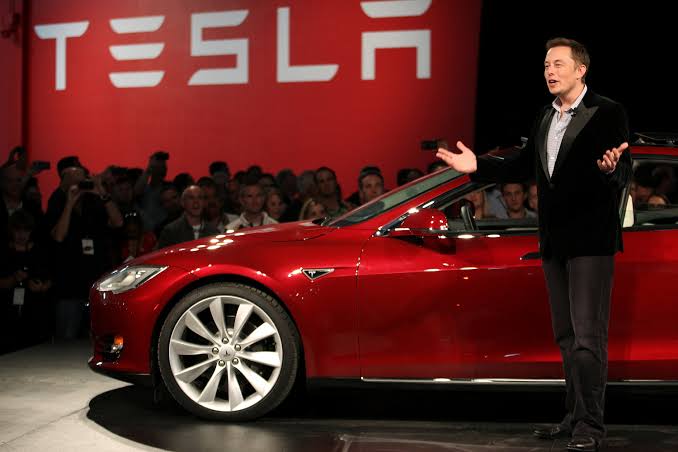The recent plunge in Tesla’s stock, down over 40% year-to-date, marks a significant downturn for the electric car pioneer and its renowned CEO, Elon Musk. This downward trajectory reflects ongoing challenges and concerns that have left many investors cautious about the company’s prospects in the near term.
Tesla’s stock decline is fueled by a series of troubling developments, including missed earnings targets, declining vehicle deliveries, and anticipated decreases in revenue and profits for the first quarter of 2024. These factors have contributed to a reassessment of Tesla’s growth potential, with the company now valued as a growth stock despite indications that growth is stalling.
What’s particularly concerning for investors is Tesla’s valuation metrics, which remain elevated compared to other companies. Tesla’s price-to-earnings ratio, earnings yield, and PEG ratio continue to exceed industry norms, reflecting a persistent premium that may be difficult to justify given the company’s current performance.
Moreover, uncertainty surrounding Tesla’s product roadmap adds to the skepticism. The company’s ambitious plans for autonomous driving and the reported abandonment of a lower-cost electric vehicle have raised doubts about its ability to sustain strong earnings growth and cash generation in the future.
Despite these challenges, Tesla retains appeal among investors who believe in its long-term potential, particularly in areas like artificial intelligence and autonomous driving. The company’s track record of scaling electric vehicle deliveries and maintaining capital discipline underscores its potential to achieve ambitious goals, albeit over a longer timeline than initially anticipated.
However, Tesla’s recent struggles have coincided with broader market shifts, including ExxonMobil surpassing Tesla in market capitalization—a symbolic moment highlighting changing dynamics in the energy sector.
Looking ahead, Tesla’s performance will continue to be closely watched, especially amid ongoing controversies involving CEO Elon Musk and his ambitious ventures beyond the automotive industry. Musk’s significant influence as Tesla’s largest individual shareholder and his broader impact on the company’s direction further complicate the narrative surrounding Tesla’s future prospects.
Tesla’s recent stock decline reflects a reevaluation of its growth trajectory and valuation, raising questions about its ability to deliver on ambitious goals amid broader market shifts and ongoing leadership controversies. The coming months will be critical for Tesla as it navigates challenges and seeks to regain investor confidence in its long-term vision.











